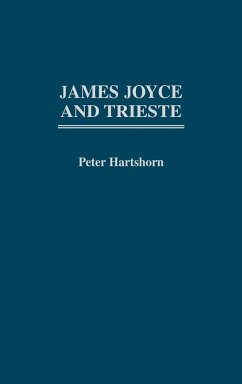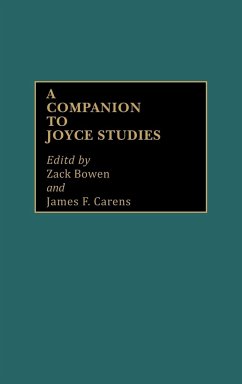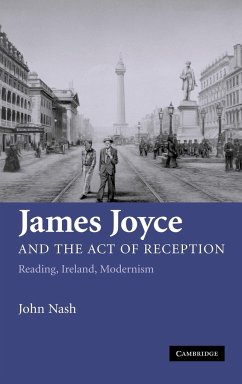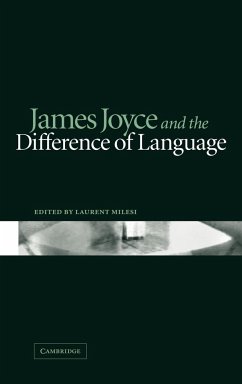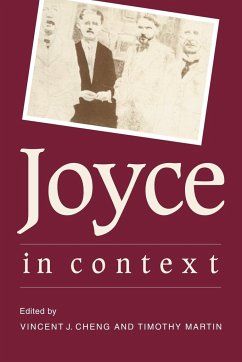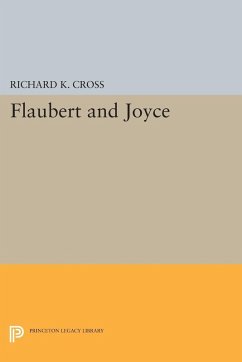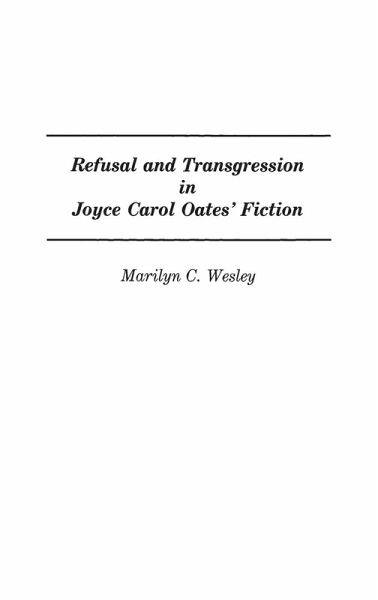
Refusal and Transgression in Joyce Carol Oates' Fiction
Versandkostenfrei!
Versandfertig in 1-2 Wochen
88,99 €
inkl. MwSt.

PAYBACK Punkte
44 °P sammeln!
This comprehensive and sophisticated feminist analysis contradicts the negative evaluations of earlier feminist critics to define Oates' feminist accomplishments. Wesley presents Oates' fiction as a dynamic structure that grew out of her obsessive concern with the American family and shows her literary patterns of resistance to the gender ideology that shapes it. She illustrates how Oates' disturbing portrayals of troubled families can and do address complex issues of power in contemporary society--economic dislocation, gender inequity, and violence--as they are experienced in intimate relatio...
This comprehensive and sophisticated feminist analysis contradicts the negative evaluations of earlier feminist critics to define Oates' feminist accomplishments. Wesley presents Oates' fiction as a dynamic structure that grew out of her obsessive concern with the American family and shows her literary patterns of resistance to the gender ideology that shapes it. She illustrates how Oates' disturbing portrayals of troubled families can and do address complex issues of power in contemporary society--economic dislocation, gender inequity, and violence--as they are experienced in intimate relationships. The author defines and exemplifies the central concepts of family, power, and resistance in Oates' work with reference to her own literary criticism and the theoretical principles of Frederic Jameson. She begins by examining the presentation of the mother and the father in Oates' earliest works and then charts mother and daughter, brother and sister, and other family relationships. Wesley contends that the power dynamics of Oates' families relegate daughters to a position of impotence and sons to one of isolation and shows that the evolution of the children's refusal to identify themselves with their male or female models is a major focus in Oates' fiction.



